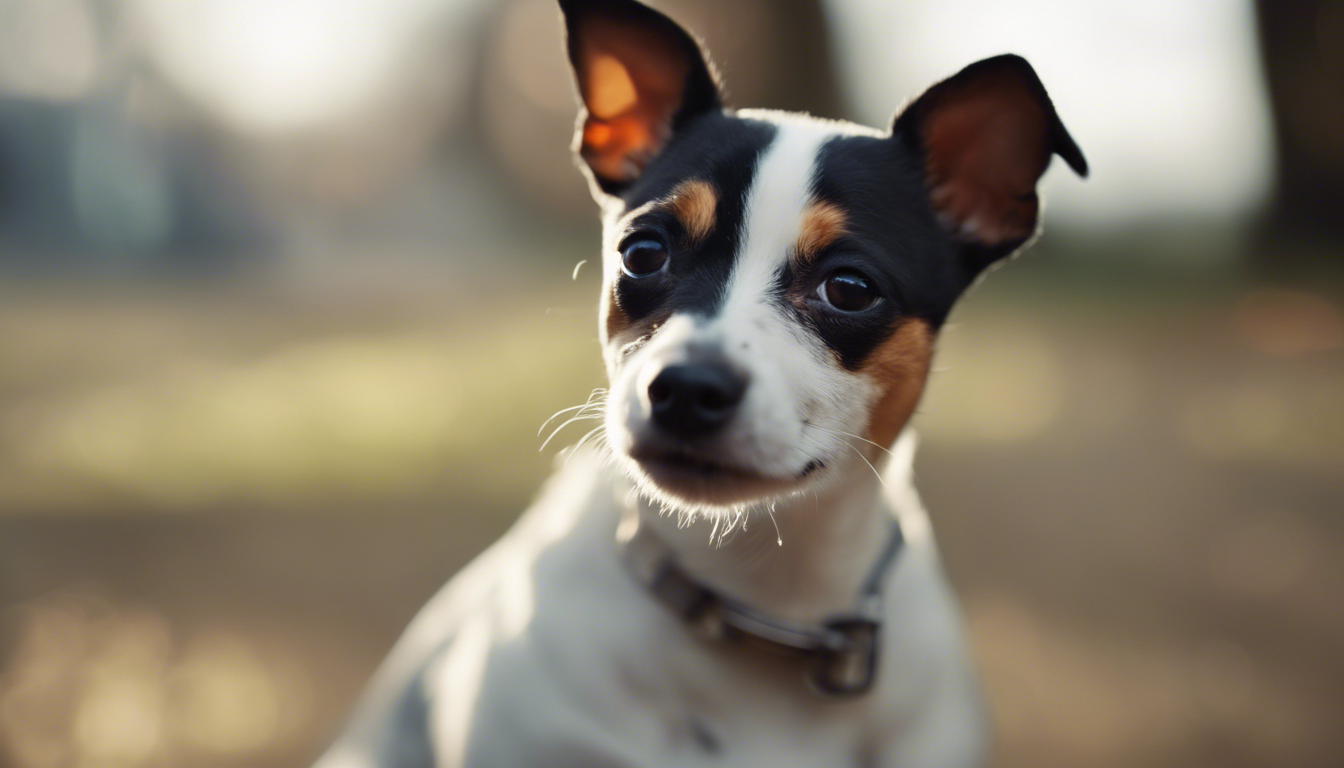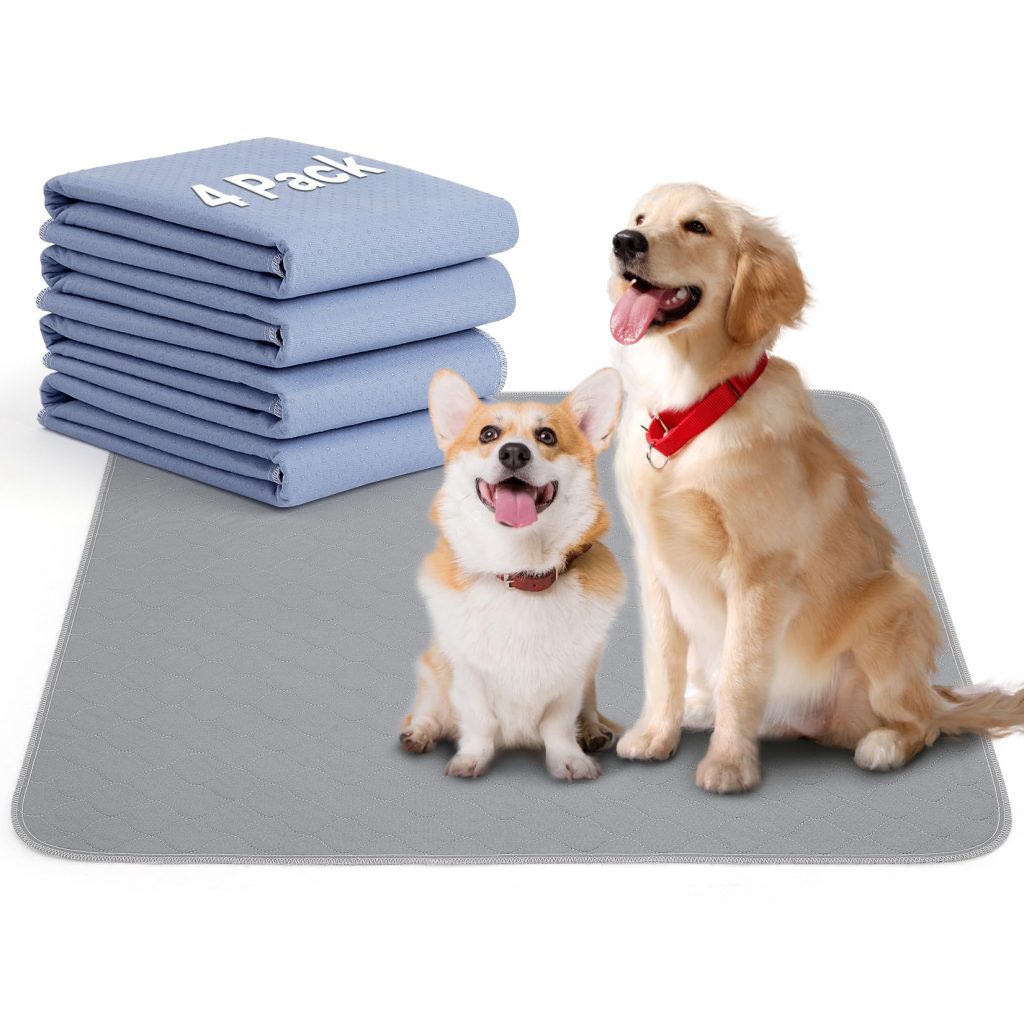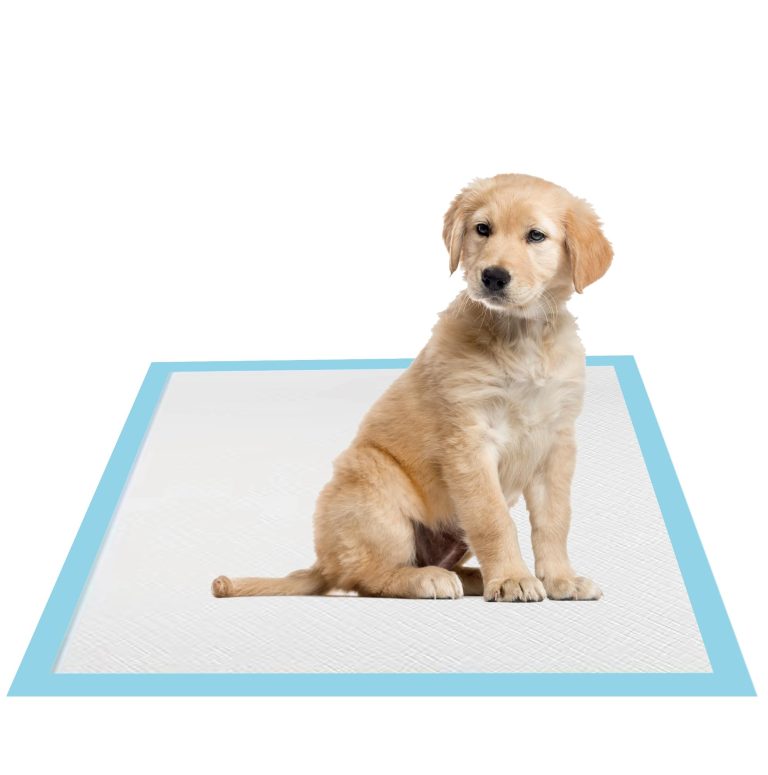Rat Terrier

Breed-Specific Traits of Rat Terrier
The Rat Terrier is a small to medium-sized breed known for its agility, intelligence, and versatility. Originating in the United States, these dogs were bred primarily for their ratting abilities. They possess several distinctive traits that make them excellent companions and working dogs.
Characteristics
- Rat Terriers have a compact, muscular body with a slightly wedge-shaped head.
- They have short, dense, and smooth coats that come in a variety of colors and patterns.
- Their erect ears and alert, expressive eyes contribute to their keen and observant nature.
- With an average height of 13-18 inches and weighing between 10-25 pounds, Rat Terriers are considered small to medium-sized dogs.
- These dogs have a lifespan of 15-18 years on average, which is relatively long compared to other breeds.
Temperament
Rat Terriers are known for their lively and friendly personalities. They are highly affectionate and enjoy being part of a family. Here are some key temperament traits:
- Rat Terriers are intelligent and eager to please, making them relatively easy to train.
- They are energetic and require mental and physical stimulation to prevent boredom-induced behaviors, such as excessive barking or digging.
- While they are generally good-natured, Rat Terriers can be reserved with strangers and exhibit protective instincts towards their loved ones.
- Early socialization is important to ensure they get along well with children and other pets in the household.
- They have a high prey drive and may chase smaller animals, so supervision is necessary when introducing them to cats or other small pets.
Strengths of Rat Terriers
Rat Terriers possess several strengths that make them desirable companions and working dogs:
- Excellent hunting abilities: Rat Terriers were originally bred for their ratting skills. They are known for their agility, speed, and determination, making them effective at controlling vermin populations.
- Adaptability: These dogs can adjust well to various living environments, including apartments and houses. As long as they receive sufficient exercise and mental stimulation, they can thrive in any setting.
- Loyal and affectionate: Rat Terriers form strong bonds with their owners and are dedicated to their families. They enjoy spending time with their loved ones and are always ready for a cuddle or playtime.
- Versatility: Rat Terriers excel in various dog sports and activities, such as obedience, agility, tracking, and even therapy work. They are quick learners and have a natural desire to please their owners.
Weaknesses of Rat Terriers
While Rat Terriers have many strengths, it is essential to be aware of their potential weaknesses:
- Prone to separation anxiety: These dogs form strong bonds with their owners and can become anxious when left alone for long periods. They require company and mental stimulation to prevent destructive behaviors.
- Inclination towards digging: Rat Terriers have a history of hunting rodents, which can manifest in a tendency to dig. Providing designated digging areas or redirecting their energy towards appropriate activities can help manage this behavior.
- Can be stubborn: Despite their intelligence, Rat Terriers can exhibit stubbornness, particularly if they sense inconsistency or lack of firm leadership from their owners. Consistent training methods and positive reinforcement are important for successful training.
- May be wary of strangers: Rat Terriers can be reserved or cautious around unfamiliar people. Early socialization and positive experiences with new people can help mitigate this tendency.
Care Guidelines for Rat Terriers
Proper care is essential to ensure the well-being and happiness of your Rat Terrier. Think the following aspects when providing care:
Exercise Needs
Rat Terriers are energetic dogs that require regular exercise to maintain their physical and mental health:
- Providing them with a minimum of 30 minutes to an hour of exercise each day is essential to prevent restlessness and destructive behavior.
- Engage them in activities that challenge their agility and intelligence, such as obedience training, interactive toys, or playing fetch.
- Regular walks or runs are beneficial, but be mindful of their small size. Adjust the intensity and duration of exercise based on their age, fitness level, and any health conditions.
Potential Health Issues
Rat Terriers are generally a healthy breed, but there are a few health concerns to watch out for:
- Patellar Luxation: That is a condition where the kneecap slips out of place. Regular vet check-ups can help detect this issue early, and surgical intervention may be necessary in severe cases.
- Deafness: Some Rat Terriers may be genetically predisposed to deafness. If you suspect hearing problems, consult with a veterinarian and think regular hearing checks.
- Hip Dysplasia: Although relatively uncommon, Rat Terriers can develop hip dysplasia. Responsible breeding practices and regular exercise can help reduce the risk of this condition.
Grooming Requirements
Rat Terriers have minimal grooming needs:
- Their short coat requires occasional brushing to remove loose hair and maintain its shine. Weekly brushing is usually sufficient.
- Bathe them as needed to keep their coat and skin clean. Use a dog-specific shampoo to avoid irritation.
- Regularly check their ears for signs of infection or excessive wax buildup. Gently clean their ears using a veterinarian-approved solution.
- Trim their nails regularly to prevent overgrowth and discomfort. If you are unsure about nail trimming, consult a groomer or veterinarian.
Dietary Recommendations
Feeding your Rat Terrier a balanced and nutritious diet is important for their overall health:
- Choose high-quality dog food formulated for small breed dogs.
- Feed them according to their age, weight, and activity level. Divide their daily portion into two or three meals to prevent digestive issues.
- Avoid overfeeding and monitor their weight to prevent obesity, which can lead to various health problems.
- Provide fresh water at all times and ensure they stay hydrated, especially during hot weather or after exercise.
- Consult with a veterinarian to determine the specific dietary needs and potential dietary restrictions for your individual Rat Terrier.
By understanding the breed-specific traits, strengths, weaknesses, and care guidelines of Rat Terriers, you can provide the necessary care and support to ensure a happy and healthy life for your four-legged friend. Remember to prioritize their physical and mental stimulation, socialize them from a young age, and provide proper nutrition and grooming. With proper care, Rat Terriers can be loyal, loving, and joyful companions for many years to come.







